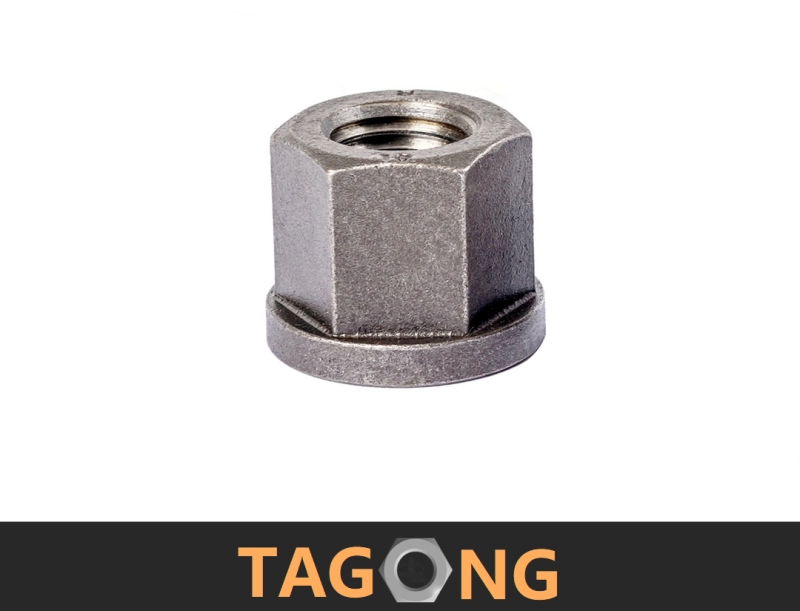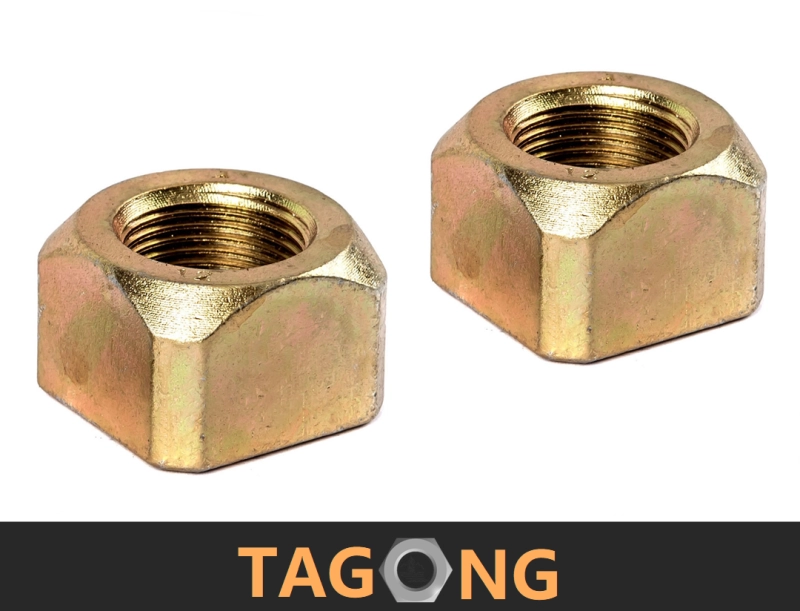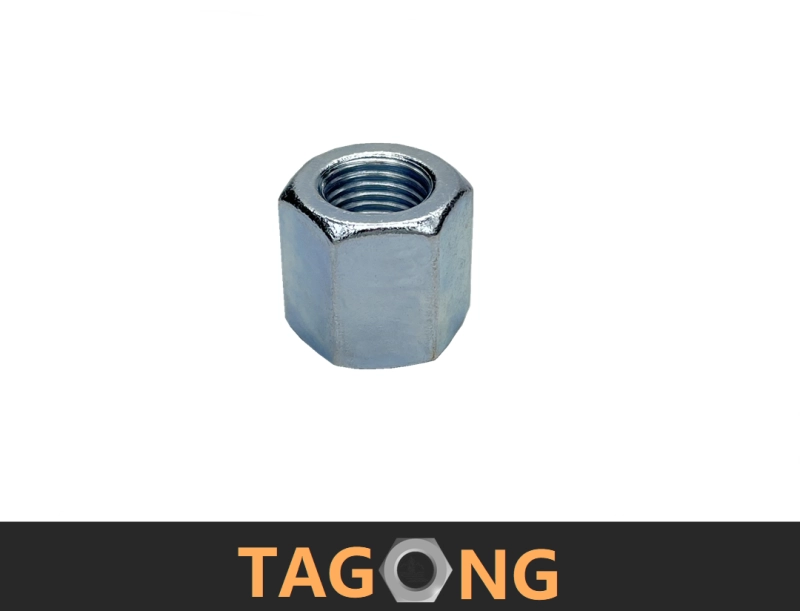With over 38 years of experience, TAGONG is the expert in manufacturing standard fasteners and special fasteners
+86 15160779301
+86 18906098857
Understanding Bolts and Wheel Nuts: Key Components in Auto Parts
2025-07-14
In the world of auto parts, bolts and wheel nuts play a crucial role in ensuring the safety and functionality of vehicles. They are essential components that secure various parts of the vehicle together, allowing for the reliable operation of critical systems. One particular standard that is relevant in this context is DIN 74361, which specifies the properties and dimensions of wheel nuts used in automotive applications.
Bolts are typically used to fasten two or more components together, providing a strong and secure connection. They come in various sizes and materials, which are chosen based on the specific requirements of the application. In automotive contexts, bolts must withstand significant stress and vibration, making material selection and proper torque application crucial for their performance. Common materials include high-strength steel, which offers excellent tensile strength and durability, making it ideal for heavy-duty applications.
Wheel nuts, on the other hand, are designed to secure the wheel to the hub of the vehicle. The DIN 74361 standard ensures that these nuts are manufactured with precise dimensions and performance criteria, which is critical for maintaining the integrity of the wheel assembly. Properly tightened wheel nuts prevent wheel detachment, which is vital for vehicle safety. It’s essential to use the correct torque specifications when installing wheel nuts, as both under-tightening and over-tightening can lead to potential hazards, including wheel failure or damage to the components.
Furthermore, regular inspection and maintenance of bolts and wheel nuts are necessary to ensure their continued effectiveness. For instance, during routine vehicle maintenance, it's advisable to check for signs of wear, corrosion, or loosening. If any of these issues are detected, it's vital to replace the affected components promptly to avoid complications during vehicle operation.
In summary, understanding the significance of bolts and wheel nuts, particularly those conforming to DIN 74361 standards, is essential for anyone involved in the automotive or industrial equipment industries. By selecting the right components and adhering to proper installation and maintenance practices, individuals can enhance the safety and longevity of vehicles and machinery. Remember, investing time in understanding these fasteners will yield significant benefits in terms of performance and reliability.
Bolts are typically used to fasten two or more components together, providing a strong and secure connection. They come in various sizes and materials, which are chosen based on the specific requirements of the application. In automotive contexts, bolts must withstand significant stress and vibration, making material selection and proper torque application crucial for their performance. Common materials include high-strength steel, which offers excellent tensile strength and durability, making it ideal for heavy-duty applications.
Wheel nuts, on the other hand, are designed to secure the wheel to the hub of the vehicle. The DIN 74361 standard ensures that these nuts are manufactured with precise dimensions and performance criteria, which is critical for maintaining the integrity of the wheel assembly. Properly tightened wheel nuts prevent wheel detachment, which is vital for vehicle safety. It’s essential to use the correct torque specifications when installing wheel nuts, as both under-tightening and over-tightening can lead to potential hazards, including wheel failure or damage to the components.
Furthermore, regular inspection and maintenance of bolts and wheel nuts are necessary to ensure their continued effectiveness. For instance, during routine vehicle maintenance, it's advisable to check for signs of wear, corrosion, or loosening. If any of these issues are detected, it's vital to replace the affected components promptly to avoid complications during vehicle operation.
In summary, understanding the significance of bolts and wheel nuts, particularly those conforming to DIN 74361 standards, is essential for anyone involved in the automotive or industrial equipment industries. By selecting the right components and adhering to proper installation and maintenance practices, individuals can enhance the safety and longevity of vehicles and machinery. Remember, investing time in understanding these fasteners will yield significant benefits in terms of performance and reliability.
Bolts Wheel Nuts DIN74361 Auto Parts
RELEVANT INFORMATION
Understanding Bolts and Wheel Nuts: Key Components in Auto Parts
In the world of auto parts, bolts and wheel nuts play a crucial role in ensuring the safety and functionality of vehicles. They are essential components that secure various parts of the vehicle together, allowing for the reliable operation of critical systems. One particular standard that is relevant in this context is DIN 74361, which specifies the properties and dimensions of wheel nuts used in
2025-07-14
Quadrangular Yellow Nuts: Enhancing Performance in Vibrating Environments
Quadrangular Yellow Nuts: Elevating Performance in Vibrating Environments
Table of Contents
1. Introduction to Quadrangular Yellow Nuts
2. The Importance of Fasteners in Vibrating Environments
3. Unique Features of Quadrangular Yellow Nuts
3.1 Design Characteristics
3.2 Material Composition and Durability
4. Benefits of Using Quadrangular Yellow Nuts
4.1 Enhanced Vibration Resistan
2025-07-11
When it comes to fasteners and connectors in industrial equipment, DIN6330 Hex Coupling Nuts play a vital role in ensuring secure and reliable joint connections. These nuts are designed with a hexagonal shape, which allows for easy handling and tightening with standard wrenches. Understanding the factors that influence the pricing of DIN6330 Hex Coupling Nuts can help you make better purchasing de
2025-07-08




